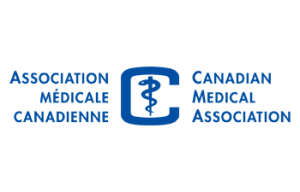 The Canadian Medical Association ended its Annual General Meeting in Ottawa today. After pages of motions, speeches and procedure, I noticed:
The Canadian Medical Association ended its Annual General Meeting in Ottawa today. After pages of motions, speeches and procedure, I noticed:
Doctors like rules.
They want rules, guidelines and policy to drive change.
- Is that because physicians are paternalistic and think everyone else too stupid to decide without a rule to follow?
- Is it because Canadians prefer rules and doctors just follow culture?
- Perhaps governments listen when citizens ask for rules and guidelines?
Controlling Innovation
New ideas grow in clear soil. Disruptive innovation breaks rules and paradigms. Guideline-makers scramble to keep up with new ideas forcing them into new guidelines. Guidelines support enforced conformity. Innovation, by definition, grows outside rigid controls or breaks rules to generate new things.
Innovation resists control. Progress requires freedom.
Loving control
CMA delegates spent 3 days asking for controls and rules on everything from smoking pot to smoking wood stoves. Delegate motions add up to a long list of things doctors oppose or want controlled. Very few motions called for freedom.
Physicians supported freedom in affirming doctors’ right to not perform euthanasia if it became legal. Delegates support doctors’ freedom.
A great society
What will give us the best country possible? Do we get the best society by crafting dozens of rules about things we oppose and legislating things we approve? Do we get the best society by continually shaping towards a vision, a utopian dream?
What other countries have tried pursuing dreams of perfection? Do citizens have better lives in countries with more control, more rules?
Good Intentions
Physicians entered medicine to help patients. Doctors spend their lives telling patients what they believe will benefit patients.
Governments politicate to help citizens. Governments make rules they think will benefit citizens.
But patients can ignore doctors’ advice for healthy living. Citizens cannot ignore the government’s rules. What seems moral and right to advise at the bedside is totalitarian if imposed by the state.
Forcing Good Health?
Canadian physicians petitioning government for rules (often) unwittingly promote a specific political philosophy. The Canadian Medical Association must consider the politics it unintentionally promotes by seeking legislation for good intentions.
Physicians uphold patient autonomy far above the best medical science. Doctors might consider whether their love of rules and legislation is an affront to patient freedom and autonomy. Are we promoting:
Ideas so good they have to be mandatory?


